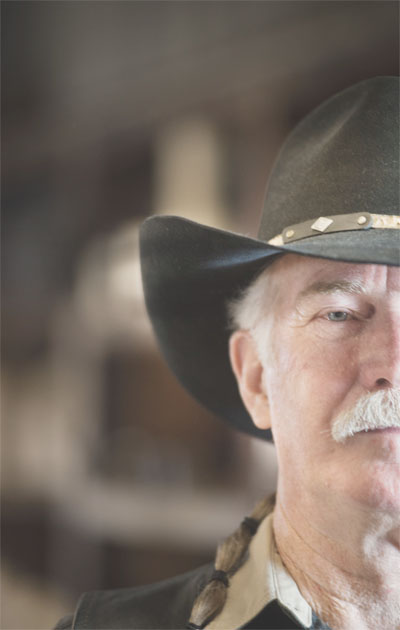I’ve loved storms since I was a kid growing up in the hills of northern California. They were so dramatic, especially at night. Massive clouds driven before the wind would nearly obliterate the sky. Wind-slanted rain lashed against the flesh on my face, and threatened to knock me off balance. In other storms, a brilliant moon would shine high above everything and you could look upward and catch glimpses of it through breaks in the bulky darkness. Lightning flashes outlined trees and hills and cloud shapes, and I could count the interval between flash and the boom of thunder to estimate how far away the lightning had been. I’d fantasize that it was what being on a ship at sea would be like. I wanted to sail across the ocean. Later, I did.
When I came East, thunderstorms provided dramatic interludes to summer heat and humidity. You can sometimes predict a storm when you see maple leaves turn upside down and shimmer in the wind. Clouds hang low and mass heavily in the sky overhead and a distant roll of thunder will announce the storm’s approach. We were at a block party recently, trying to guess whether the storm would pass a little to the north of our location and allow the party to continue unaffected or we needed to seek shelter. A Torrential downpour announced the winners and losers of that speculation. Fortunately for a time, the rain came down straight onto the tent-like roof of the shelter we sat under and the party went on. Had we been caught in the rain, we would have been drenched in seconds.
I’ve seen eastern rainstorms pound heavily for a few minutes then suddenly stop, leaving the streets and sidewalks steaming in the humid aftermath, the rain not having managed to dry the air out. Sometimes, the other side of the street will still be dry and everyday activity unaffected.
It’s always dramatic watching, even enjoying, a storm. Lighting strikes pose a real threat, though. A neighbor of mine was hit by lightning that jumped across the room from her furnace and struck her. She was lucky, and walked away uninjured. A lightning strike split a fireplace chimney a few feet from me in a house I had in Connecticut. It nearly knocked me off the couch I was sitting on. During a storm in Oklahoma, the sky filled with lightning as though a strange meteor shower had erupted overhead. I was on a motorcycle, and thankful it didn’t rain until I reached my destination.
In the West, I’ve watched storms approach from miles across the open desert, hurtling lightning bolts earthward and wetting the parched land with rain from the moving column of moisture. It’s beautiful. It’s awesome, and humbling. I once raced an approaching storm on my motorcycle out west in an attempt to slip through a pass in the hills ahead of it. As I cleared the pass, another front struck violently from the other side of the hills. There was a motel just through the pass, so I bailed out, happy to have the opportunity to do so. Storms are dramatic, and I often love them, but not on a motorcycle. Of course, I have put my series protagonist, Bobby Navarro, at peril in storms on several occasions, and he gets hurt in one.
When you think about it, a storm is a lot like a good mystery. Signs foretell a storm’s approach. The threat builds. Wind picks up, letting you know the storm is getting closer. Then thunder explodes and lightning flashes to announce the storm’s arrival. Wind and rain punish anyone out in the open. Humankind, thrown to the mercy of malevolent violence. It’s how we try to write mysteries. It’s how we should write mysteries. And, if we’re good at it, there will be something dramatic and memorable in the telling. I think that’s a worthwhile goal—to write up a storm.


Speak Your Mind